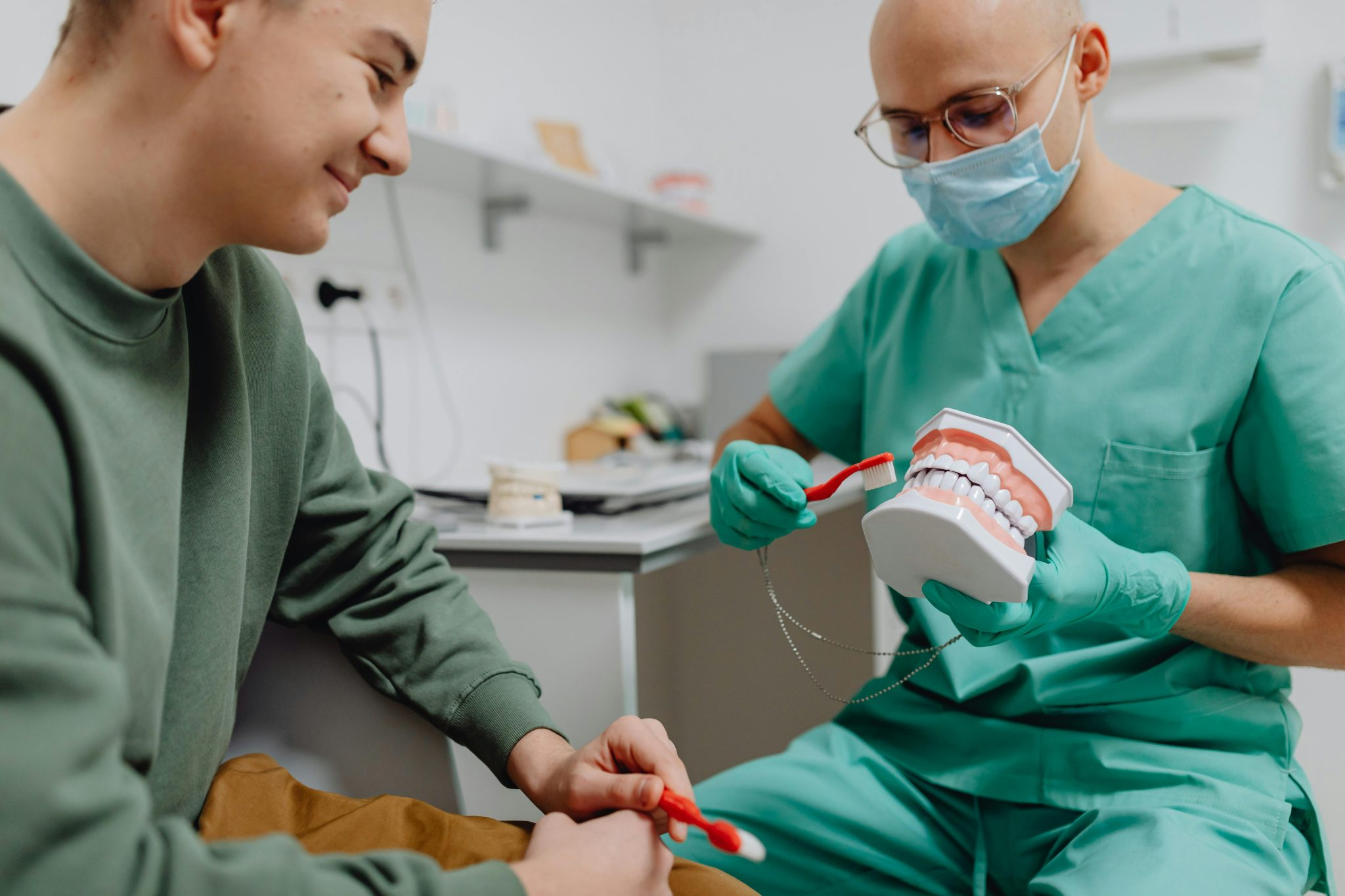Prevention Education Teaching Healthy Spending Habits Early
Young children are like sponges, ready to absorb the knowledge and habits that will shape their future. This is why it is important to start teaching healthy spending habits early on in their lives. Prevention education is an effective way to equip children with the necessary skills and knowledge to make wise financial decisions. By instilling good spending habits in children from a young age, we can help them develop a solid foundation for a financially secure future.
The Importance of Teaching Healthy Spending Habits Early
It is no secret that financial literacy is lacking among many adults, leading to widespread debt and financial struggles. This is why it is crucial to start teaching healthy spending habits to children at an early age. Prevention education not only focuses on teaching children about money management, but it also emphasizes the importance of developing a positive attitude towards money. By teaching children to value money and be responsible with it, we are setting them up for a financially independent and stable future.
The Role of Parents in Teaching Healthy Spending Habits
Parents are the primary educators in a child’s life, and they play a crucial role in shaping their children’s attitudes and behaviors towards money. Starting from a young age, parents can introduce their children to simple concepts like saving and budgeting. This can be done through activities like having a piggy bank, setting savings goals, and involving children in grocery shopping and comparing prices.
It is essential for parents to also lead by example when it comes to spending habits. Children often mimic their parents’ behavior, and if they see their parents making wise financial decisions, they are more likely to adopt the same practices. Parents should strive to create an open and honest conversation about money and involve children in financial decisions that affect the family.
The Role of Schools in Prevention Education
Schools also have a significant role in teaching children about healthy spending habits. Incorporating financial literacy into the curriculum can help children understand the importance of managing money and how to make responsible financial decisions. This can be done through interactive activities, discussions, and even simulations of real-life financial situations.
Moreover, schools can also invite guest speakers, like financial advisors or bankers, to educate students on topics like budgeting, saving, and credit. This not only provides students with valuable knowledge but also exposes them to different career paths in the financial sector.
Practical Ways to Teach Healthy Spending Habits
Encourage Saving and Delayed Gratification
One of the best ways to teach healthy spending habits is to encourage children to save and practice delayed gratification. This can be done by setting savings goals for children to work towards. Whether it’s saving up for a new toy or a bigger goal like a college fund, having a tangible goal to work towards can help children understand the value of delayed gratification.
Teach Budgeting Skills
Budgeting is an essential skill that helps individuals manage their money effectively. This is why it is crucial to teach children the basics of budgeting from a young age. Parents can involve their children in creating a budget for their allowance, and schools can teach students how to create and stick to a budget for a class project or a fundraising event. These experiences can help children understand the importance of budgeting and how to make financial decisions within their means.
Practice Needs vs. Wants
Teaching children the difference between needs and wants is a valuable lesson that can prevent impulsive spending. By discussing and categorizing their purchases into needs and wants, children can understand the value of prioritizing and how to make responsible spending decisions.
Conclusion
In conclusion, prevention education that focuses on teaching healthy spending habits early can have a significant impact on a child’s financial future. By involving parents and schools in this journey, we can equip children with the necessary skills and knowledge to make wise financial decisions. Through practical lessons and leading by example, we can help children develop a positive attitude towards money and create a financially secure future for themselves.










